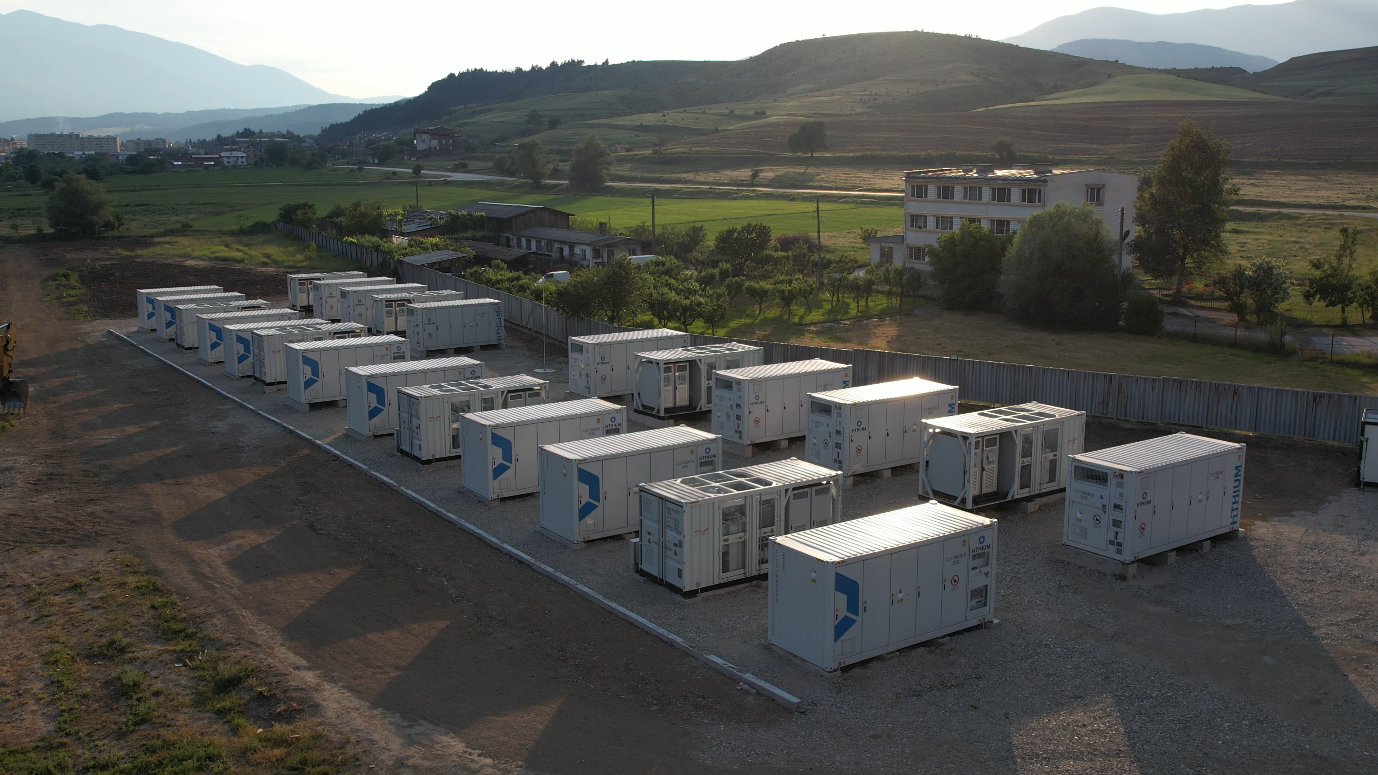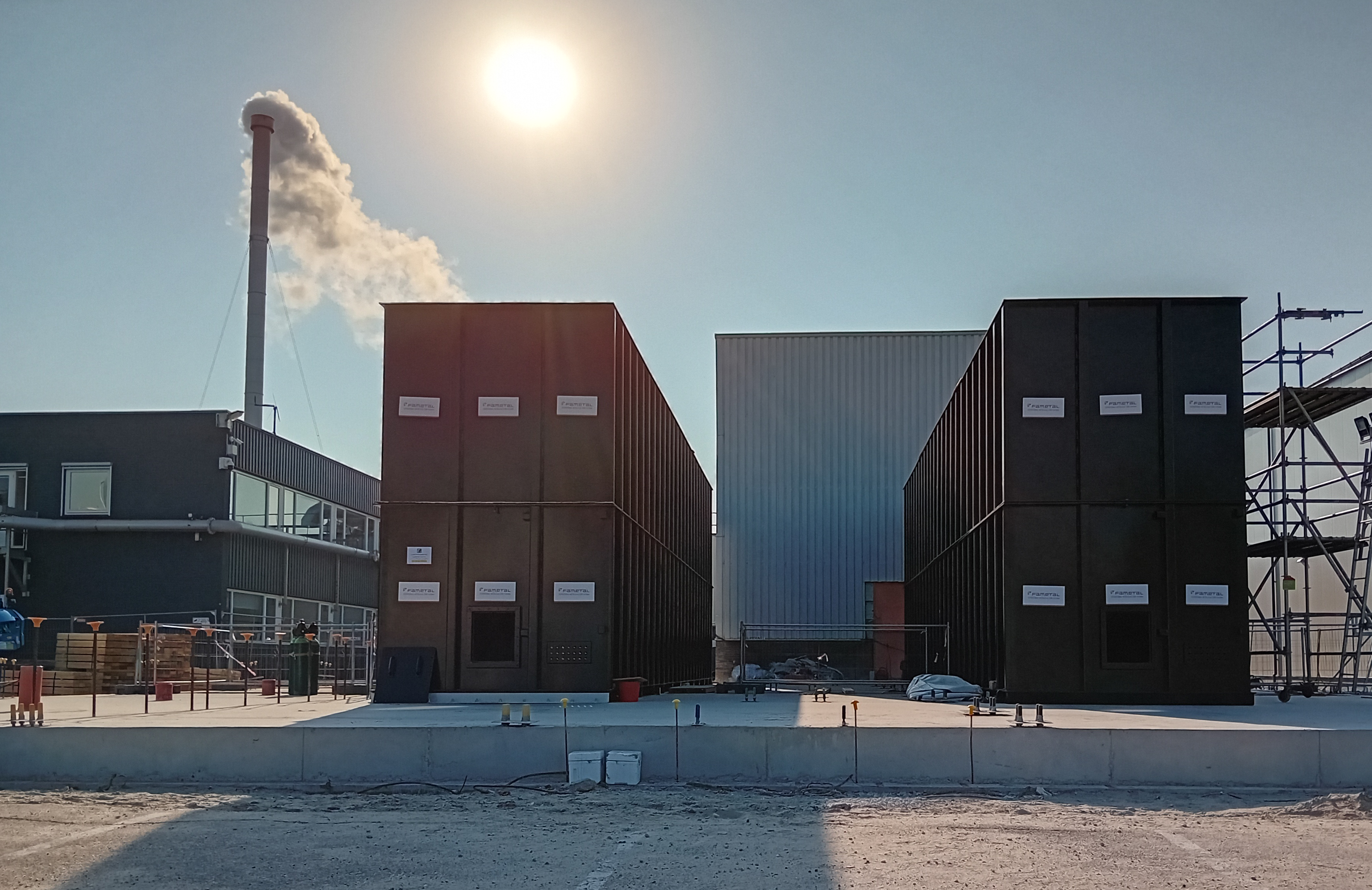A postcard from… Bulgaria
 5
Dec
2024
5
Dec
2024
As Europe accelerates its energy transition, energy storage is emerging as a critical piece of the puzzle. These interviews explore energy storage business cases across the EU, demonstrating that these projects are viable, profitable and essential to achieving Europe’s energy security and climate goals. These success stories highlight the importance of an EU-wide Action Plan on Energy Storage. to create a supportive framework to allow energy storage to thrive and scale.
This third interview takes us to Razlog, Bulgaria: Ms Kalina Pelovska, Chief Investment Officer at Renalfa IPP GmbH tells us more about the first utility-scale Battery Energy Storage System in Bulgaria.
Hi Kalina, thank you for accepting this interview. Could you give our readers an overview of your energy storage project in Razlog, Bulgaria?
The project is the first utility-scale Battery Energy Storage System in Bulgaria as well as one of the first of such scale in Eastern Europe. The 25MW/55 MWh BESS supports a 33 MWp PV plant equipped with a photovoltaic tracker mounting system. Solarpro Technology is providing turnkey EPC services. The project features 16 energy storage containers with a 3,44 MWh capacity. Main components were supplied by Hithium and Kehua. Hithium’s 280 Ah cells have an extra-long expected lifespan featuring a wide operating temperature range.
Why is this project outstanding?
Renalfa IPP opened the first large-scale BESS project in Bulgaria and one of the largest in the region. By developing utility-scale energy storage at strategic locations, energy prices will become more stable, and the energy industry will become less dependent on conventional energy resources. Renalfa aims to develop further co-located BESS projects to balance electricity supply. The battery facility is operational since June 2024 and the official opening ceremony will take place in September 2024.
What are the main regulatory challenges you’ve faced in your current market, and how have you addressed them?
The Bulgarian legislation enabled a simplified permission procedure for BESS facilities to be co-located with operational RE plants.
Looking at the bright side, instead, what from a regulatory point of view do you think helped the project (if any)?
By undergoing the simplified examination procedure, we were able to install the BESS system in less than 6 months.
What measure for energy storage should EU policymakers prioritise – if you could only pick one?
Any measure that would ease and fasten the approval process for a co-located or a standalone BESS installation would enhance the energy transition.
- Find here more information on Renalfa IPP
- Find here our Call for an Action Plan
- Find here our previous interview with Mr Eero Hammais, Head of Communications at Vatajankoski




